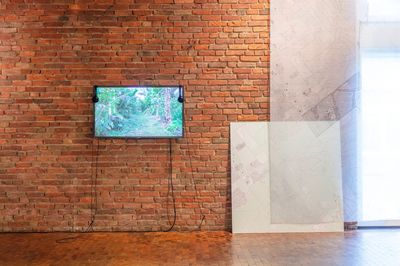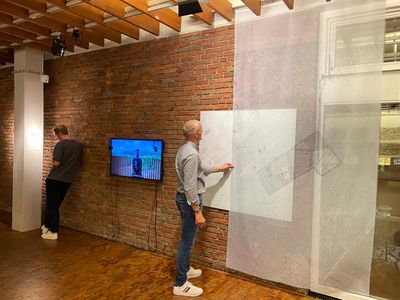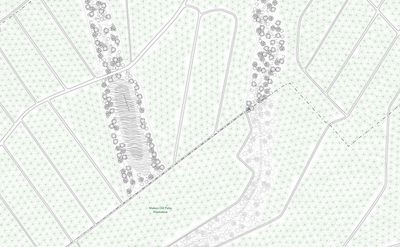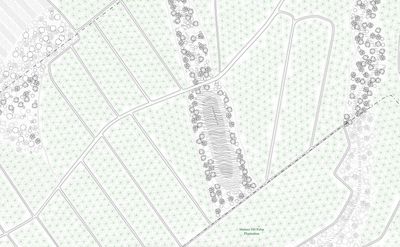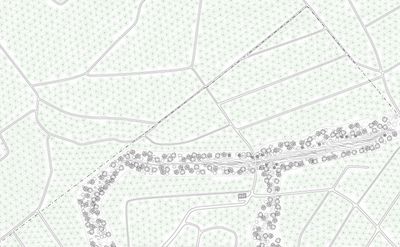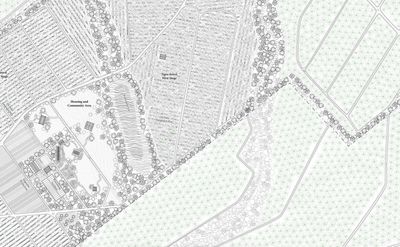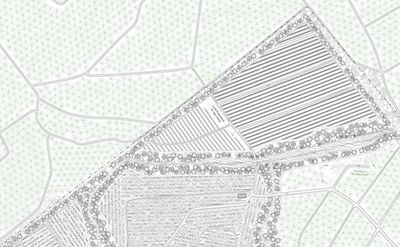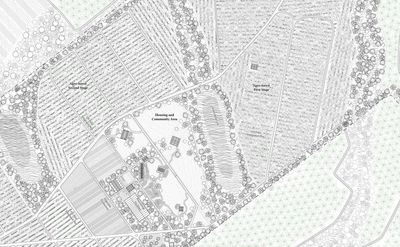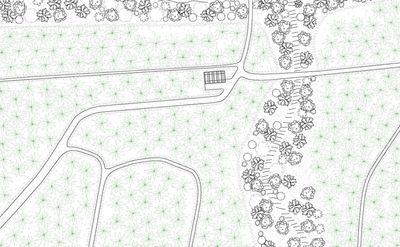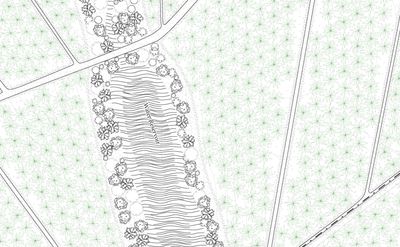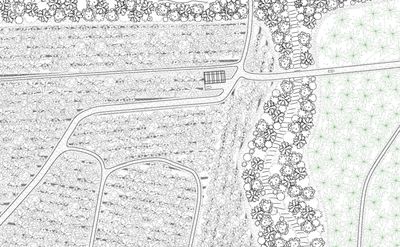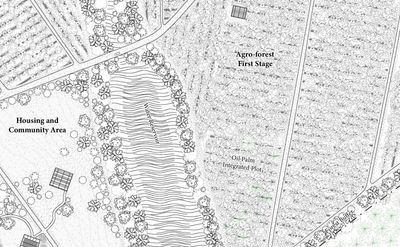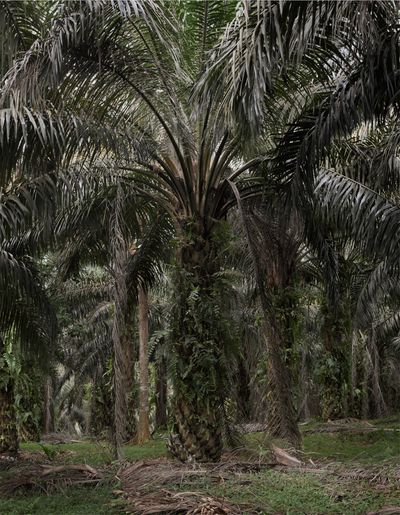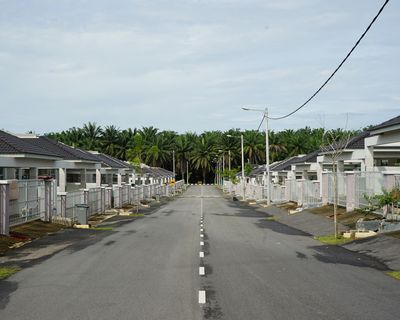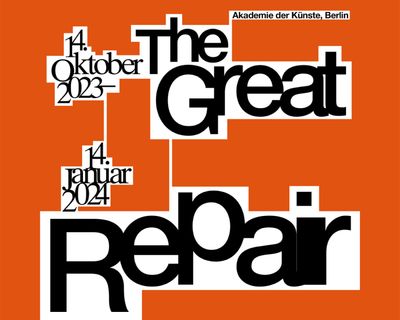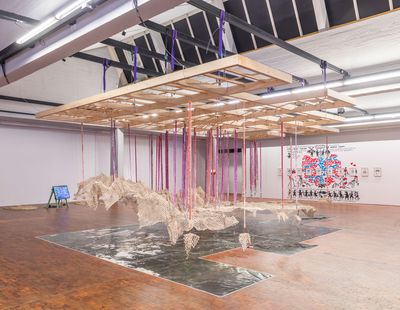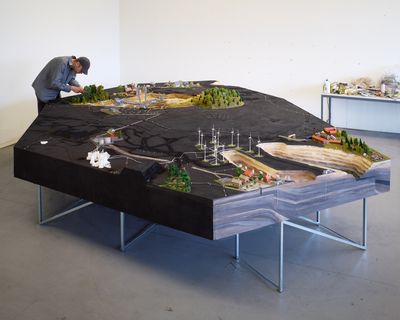Akademie der Künste, Berlin
In the Shadow of the Palms: Tracing Potential for Repair in the Plantationocene
Oil palm plantations are giant machines that assemble land, labour, and capital to extract resources destined for the global market. In Johor State, Malaysia, three-quarters of agrarian land are covered by oil palm monocultures. Those plantations evolved from extractive colonial machineries into corporate entities, and vehicles of national development. They continuously shape socio-ecological spaces on a vast scale leading to soil depletion, habitat loss and a risk of ecological collapse. But Johor’s oil palm plantations are simultaneously sites of resistance and empowerment, and a seedbed for alternative practices.
In the Shadow of the Palms explores a pioneering practice for repairing oil palm plantation landscapes. It documents the transformation of a 56-hectare-large plot of land in Ulu Tiram, Johor, into a syntropic agroforest to produce fruits and vegetables for direct marketing.
Since 2020, a team of Singaporean and Malaysian entrepreneurs has been seeking to convert an oil palm monocultural plantation by introducing native crops and alternative agrarian practices. Half of the land will be turned into a productive forest, while the rest will be rewilded, and partially occupied by infrastructures. Since 2024, oil palms have also been integrated within agroforestry systems to experiment with pesticide- and fertilizer-free farming methods. The project aims to demonstrate how ecological reparation and farming can work together.
Projecting a syntropic agro-forest into the oil palm plantation landscape
The drawings depict the initial state of the oil palm monoculture before the project’s inception, as well as the envisioned transformation into a syntropic agro-forestry system with integrated oil palms. Research and drawing: Hans Hortig and Tang Wei, 2023.
